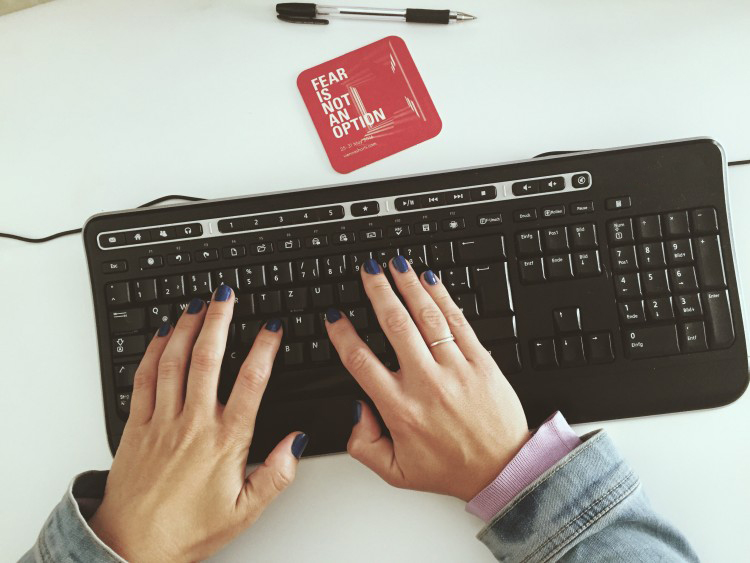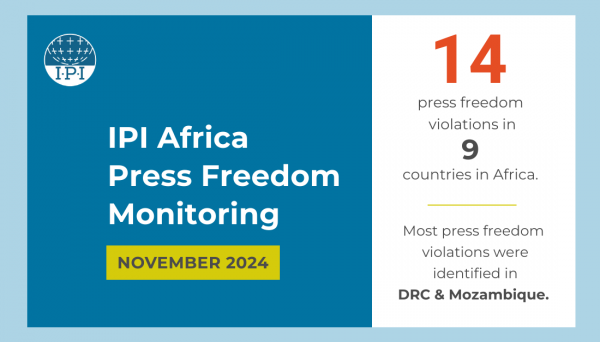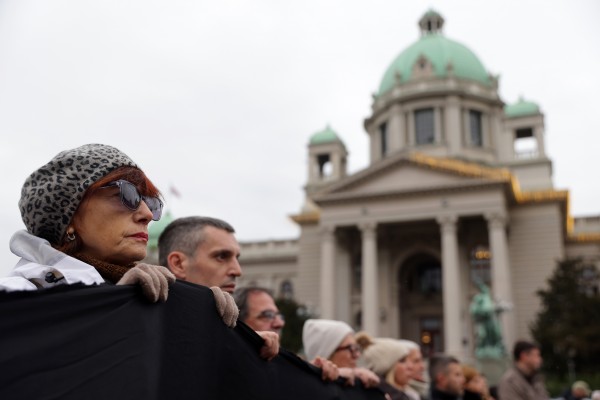In late 2014, IPI began developing Ontheline, a programme intended to monitor cyber harassment against journalists and provide a helpline for those who have come under digital attack.
The project, currently in its pilot phase in Turkey and Jordan, has given us the opportunity not only to interview nearly 70 journalists – mostly women – from these two countries one-on-one, but also the chance to meet reporters from diverse regions, ideologies and areas of expertise.
Amid a review of those interviews, we noticed that a common factor emerged: the journalists we interviewed refused to be seen as victims or heroes.
Regardless of how frightening the death threats targeting them on social media on a given day may have been, they woke up the following morning determined to continue doing their job. This often came despite heavy security measures that many of them were forced to accept – measures that might make anyone think twice about continuing.
Impact of Attacks
When examining the effects of digital attacks, it’s important to keep two things in mind. First, the often graphic nature of the threats takes a steep psychological toll on journalists. This is particularly true in the case of threats of rape or sexual violence targeting women journalists.
The anonymity behind this abusive behaviour also adds another layer of anxiety. Unlike threats of violence coming from an identifiable person, these threats come from fake accounts. The target is left to assess whether the threat is credible and how to react with no information on who the attacker may be or that person’s appearance, and no idea when the attack may come.
During the massive Gezi Park demonstrations in central Istanbul in 2013, many journalists covering the protests said they were targeted with death threats on Twitter. Some journalists recall having found themselves looking over their shoulders when sent back to report from the ground. One even told us that his editor-in-chief was forced to take him off the story due to the avalanche of threats of physical harm.
But it’s also important to note that social networks – including Twitter, Facebook, VK, Instagram, Periscope and many others – have become indispensable tools in the news production process. Whether or not to operate within the social media sphere is no longer an option for journalists, especially freelancers, if they want to reach a wide and engaging audience.
Defence Mechanisms
As a result, most of the journalists with whom we spoke said they had to develop defence mechanisms in order to keep fear at bay.
Some used social media networks strictly in a professional capacity and refrained from posting their own thoughts. Others went further, choosing not to share anything related to sensitive topics, varying by country, such as religion, politics or anti-terrorism efforts. Some decided to stop posting altogether, while others said they had become so desensitised after having been repeatedly targeted by waves of hate that they opted to take no action at all.
This culture of silence is especially harmful among women journalists. In addition to being targeted for their reporting, they often find themselves threatened in their capacity as women, including threats of sexual violence. Some women journalists said they were targeted with doxing – revealing personal data – and addresses of their children’s schools were posted online.
Some women journalists choose to name and shame their harassers, prompting support from other users on social media. But one of the issues that our interviews highlighted was the fact that many journalists do not know where to turn when being targeted by online abusers.
Lovely! Thank you for bringing my dead father into this #Azerbaijantrolls #Aliyevtrollfactory pic.twitter.com/wtFtTA3TeC
— Arzu Geybulla (@arzugeybulla) May 1, 2016
We know that tackling online harassment is especially challenging. Any solution has to be consistent with the right to free speech. It also has to be weighed against the risk that a government will misuse it to advance its own agenda and tighten control over the Internet, in many places one of the few remaining spheres where people can freely share and receive information.
Many organisations, from civil society to inter-governmental organisations, have provided comprehensive recommendations that might serve as first steps towards effective protocols and tools to counter cyber harassment against journalists. However, much more needs to be done.
The journalists with whom we spoke said they did not want to be seen as “victims”, regardless of the strategies they used to cope with online harassment, because, they said, the threats against them did not deter them from reporting on sensitive topics.
Nor are they necessarily “heroes”, they maintained, however much we may respect them and their work. “Doing journalism shouldn’t be heroic,” one said. “It’s just my job”.
But, under the circumstances, they are now “targets”, regardless of whether they want to be seen that way or not. And it’s up to us to change this unacceptable situation.



